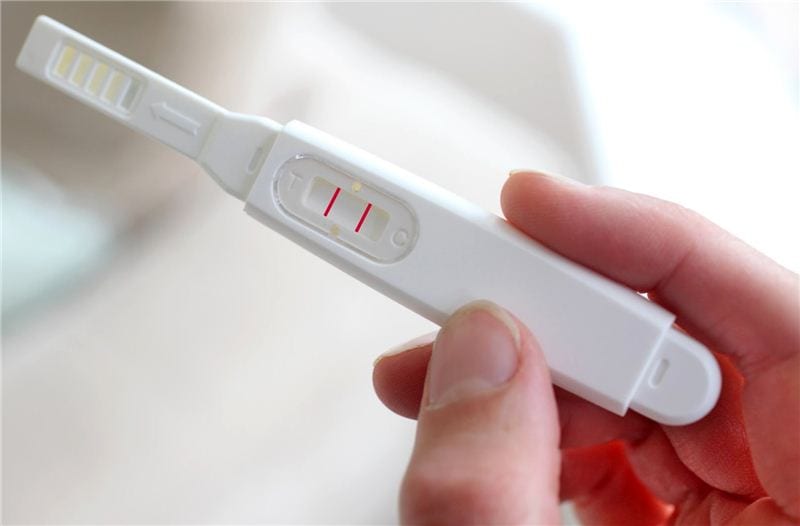This day is very exciting for intended parents and surrogates alike. It is the start of a journey. You may feel excited, nervous, elated or hopeful. But, how do you get here?
The embryo transfer procedure is usually one of the first questions intended parents and surrogates ask about when beginning their surrogacy journey with us.
After the eggs are taken from the intended mother or egg donor, they are examined and mixed with the intended father or donor sperm. They are then incubated for 5 days to allow fertilization to occur. After that, most intended parents choose to have them tested for genetic abnormalities. That process takes about 10 to 15 days.
The gestational carrier (or surrogate), intended parents and the reproductive doctor then consult to determine the number of embryos to transfer. Based on American Society for Reproductive Medicine and Society for Assisted Reproductive Technology, only single embryo transfers are suggested. This is because multiple gestations lead to an increased risk of complications in both the fetuses and the birth mother.
The embryo transfer to the surrogate, takes place in a fertility clinic or nearby hospital. The process does not cause discomfort and requires no medication or anesthesia. The transfer is performed through the vagina using a catheter inserted in the cervix, so the embryos could be inserted into the uterus. The process usually takes approximately 10-15 minutes and then surrogates are required to remain at the clinic for at about 1-2 hours to rest. Surrogates are also asked to restrict their activities, or even be on bedrest for 1-3 days following the transfer procedure. Each fertility clinic has their own protocol regarding this.
Shared Conception suggests that surrogates have someone from their support circle accompany them to the embryo transfer procedure and stay with them until the clinic staff releases them. This helps calm any nerves, and it’s nice to have a member of your support system by your side.
We hope this breakdown of the embryo transfer procedure takes away some of the “mystery” associated with embryo transfers. Interested in learning more about surrogacy? Give us a call today or visit www.deliveradream.com and let’s talk!










